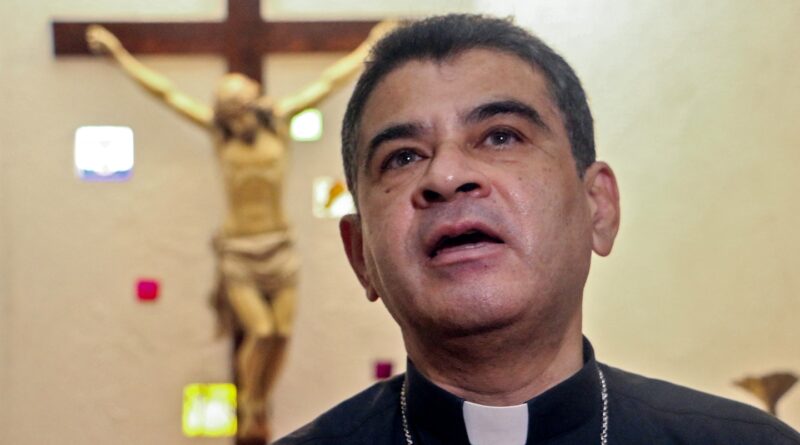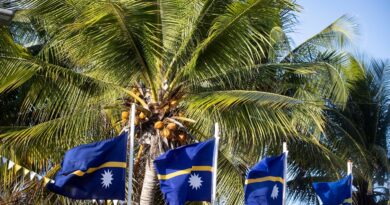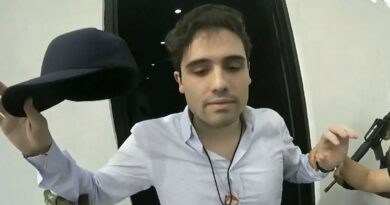Nicaragua frees two detained Catholic bishops and 15 priests
The other prelates freed Saturday night had been detained in December during what came to be known as “Black Christmas” — a round of arrests of Catholic leaders, including Bishop Isidoro Mora of Siuna. Many of them apparently angered the government by calling for prayers for Álvarez.
The priests and bishops were released after negotiations with the Vatican, and flown to Rome, according to the statement from the Nicaraguan government. Two seminarians who had been jailed were also included in the prisoner release. Ortega’s government thanked Pope Francis and his team for the “very respectful and discreet coordination.” It did not respond to a request from The Washington Post for more details.
Ortega has conducted an unprecedented offensive against the church in this majority-Catholic country. In August, his government revoked the legal status of the Jesuit-run Central American University and seized the campus. He’s stripped the registration of more than 300 religious organizations — including Mother Teresa’s missionaries. The Vatican closed its embassy in Nicaragua last spring after the government proposed suspending relations.
During the recent Christmas holidays, the government banned traditional Catholic processions known as “posadas.” Priests say they’re routinely spied on and harassed. More than 100 Catholic priests have fled, been kicked out of the country, or denied reentry to Nicaragua. In October, the government freed 12 other Catholic priests from prison and sent them to Rome, under a deal with the Vatican.
The Rev. Uriel Vallejos, an exiled priest, wrote Sunday on X, formerly Twitter, that the government “wants to leave Nicaragua without priests.”
Ortega was a leader of the leftist Sandinista revolution that toppled U.S.-backed dictator Anastasio Somoza in 1979. The former guerrilla served as president of Nicaragua from 1985 until 1990 and returned to power in 2007. He was sworn in to a fourth consecutive term in 2022, after jailing all his significant competitors.
Ortega has focused his ire on the Catholic Church since 2018, when a wave of anti-government protests swept the country. He’s accused the church of siding with the demonstrators, an accusation it has denied.
Álvarez was placed under house arrest in August 2022. The following February, he declined an offer to join 222 political prisoners who were freed and flown to Washington. Friends said he preferred to remain in jail in his homeland rather than go into exile. He was subsequently sentenced to 26 years in jail on charges of treason and spreading false information.
His detention has been the subject of growing international alarm. In November, a House Foreign Affairs subcommittee held a hearing titled “An Urgent Appeal to Let Bishop Álvarez Go.” The State Department has designated Nicaragua a “Country of Particular Concern” because of religious repression, adding it to a watch list including Cuba, North Korea, China and Iran.
The crackdown on the church and civil society organizations has contributed to soaring irregular migration. About 139,000 Nicaraguans were detained at the U.S. border in 2023. A recent study by AmericasBarometer found that about half the population wanted to emigrate.
Ismael López Ocampo in San Jose, Costa Rica contributed to this report.




